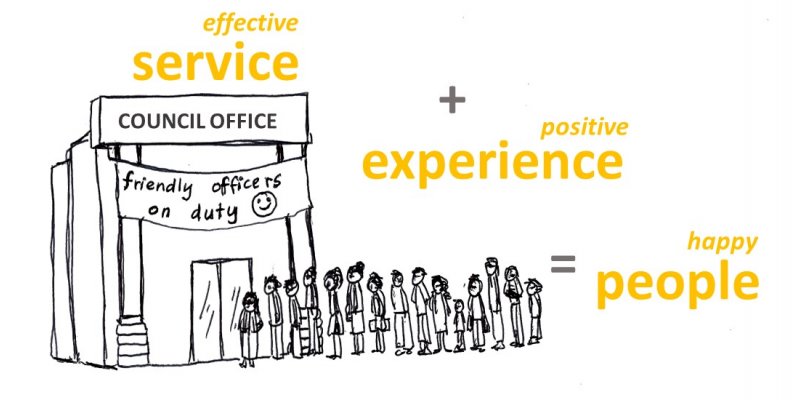In any part of the world, public service is defined by its highly standardised and rigid service structures, processes and hierarchies. People see the public services as highly bureaucratic while its employees, the public servants, see them as a set of strict process chains that they have to adhere...
The repository of expertise that resides in the public service forms the backbone of its capability and capacity to govern. The traditional experts were the officers who learn the policies, strategies, rules and regulations and who apply them to their day-to-day administrative areas – be it for proc...
Is talent more crucial in the public sector than the private sector? Lets look at some of the following arguements:
Complexities in the economic and social sectors are increasing exponentially – with every emerging technology, thousands of new areas are created, requiring more policies, more strat...
The public sector, though not driven by revenues and profits, has more need for performance measurement than any private entity. Starting from the performance of individual employees, it has to measure the performance of units, departments, entire organisations, ministries and the total government....
With emerging technologies, fast-paced lifestyles, rapid changes in the way society is organised and the rapid growth in the economy, the public sector is left with little choice but to continuously reinvent its operation and delivery mechanisms. To date, innovations in the public sector has been ta...




